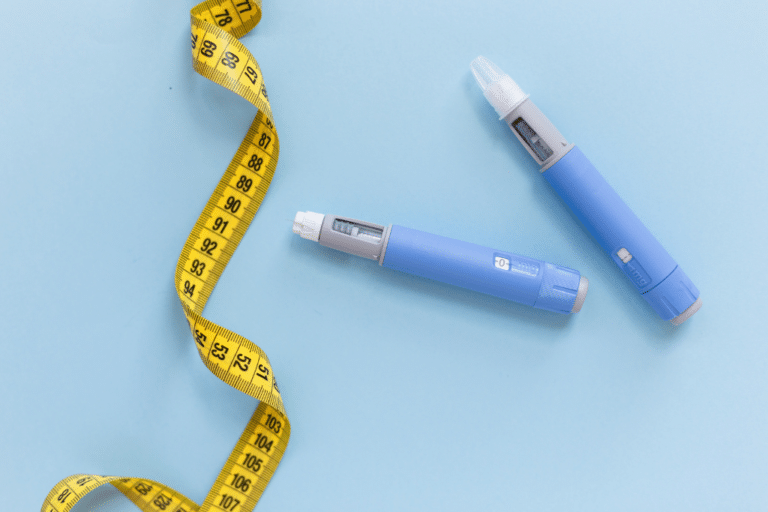Understanding Menopause

Menopause is the time when your ovaries stop producing oestrogen, leading to the cessation of your menstrual periods. Medically, menopause is defined as just one point in time; your last menstrual period. This can only be confirmed in retrospect, after 12 consecutive months without a period. Everything after this point is considered post-menopause.
Menopause marks the end of your reproductive years and typically occurs between the ages of 45 and 55, although it can happen earlier or later. Many women experience symptoms for several years before their final period, a phase known as perimenopause or the menopause transition. Learn more about perimenopause here.
Surgical Menopause
Surgical menopause, also known as surgically induced menopause or early menopause, occurs when a woman’s ovaries are removed before she has gone through natural menopause. This procedure, called a bilateral oophorectomy, is often performed during a hysterectomy to treat various medical conditions or as part of a risk reduction treatment for women with an increased chance of developing cancer. The abrupt loss of hormones can lead to sudden onset of symptoms. Even women who have had their womb removed but still have their ovaries intact can experience an earlier menopause due to their surgery. It’s crucial to discuss managing surgical menopause with your healthcare provider or a menopause specialist before undergoing surgery.
Menopause Symptoms
Menopause symptoms vary widely among women and can include:
- Hot flushes
- Night sweats
- Vaginal dryness
- Joint pains
- Low mood
- Anxiety
- Loss of sex drive
- Headaches
- Brain fog
These symptoms don’t necessarily stop with your final period and can continue for several years. Menopausal symptoms can be severe and significantly impact daily life, mental health, relationships, and work. Seeking healthcare advice on menopause treatments is essential to make the best decisions for your health.
Menopause and Long-Term Health
Low levels of female hormones during menopause increase the risk of cardiovascular disease and osteoporosis. A lack of oestrogen also affects the health of the vagina, vulva, and bladder. It’s important to be aware of these changes, as women today can expect to live 30-40% of their lives post-menopause. Taking care of yourself during the menopause transition can help you maintain a healthy life post-menopause.
Menopause Treatments
There are many ways to approach menopause. Hormone Replacement Therapy (HRT) is the most effective treatment for menopausal symptoms, but it’s not the only option and may not be suitable for everyone. Lifestyle changes, including exercise, dietary choices, stress reduction, and alternative therapies, can be extremely helpful. There are also various non-hormonal medications available.
Dr. Jayne Forrester-Paton is experienced in providing complex menopause care and advice. During an initial consultation, she will take the time to understand your needs and devise a personalised treatment plan. Supporting you through each stage of your menopause journey, Dr. Forrester-Paton aims to help you take control of your body, health, and sense of well-being.
Latest Posts



Book an initial consultation
Your initial 45 minute consultation can be conducted in person in either our Cardiff or Penarth clinic locations or remotely via telephone or video link. The initial consultation is designed to explore your needs and medical history and agree a personal treatment plan, advising you on HRT, non-hormonal treatments or lifestyle changes as appropriate.